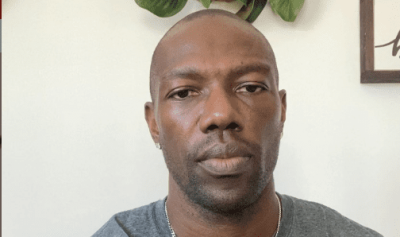
California is a huge state both physically and economically. The amount of revenue it generates makes it the eighth largest economy in the world. But has it become ungovernable? That is the question that Tim Draper, a venture capitalist, has asked and the answer may surprise the nation. Draper proposes splitting California up into six new states, and the California Secretary of State Debra Bowen, has given him the necessary permission to petition and collect signatures.
According to ABC News, Draper explained his vision of the breakup “San Diego and Orange County would make up “South California.” “West California” would include Los Angeles and Santa Barbara, while Bakersfield, Fresno and Stockton would make up the larger “Central California.” San Francisco and San Jose would be in the new “Silicon Valley.” “North California” would include the Sacramento area, and “Jefferson” would be home to the Redding and Eureka areas.”
A break up of California is driven not just by governing issues but also by social, agricultural and economic issues. For example, the proposed state of Silicon Valley has one of the largest concentrations of technology and wealth in the world. Being a separate state would make it the richest in the nation. This concentrated revenue would no longer have to be shared across the state. But the proposed state of West California has a higher concentration of poverty and social issues, along with a greater concentration of minorities. Already struggling social programs would receive a hammer blow at the lost revenue.
As reported in a previous rolling out feature, California is experiencing a profound drought. Water resources have already been cut to critical agricultural communities and residents now pay more for water. How will that affect water resources for large urban area in other regions over time is unknown.
California controls 55 electoral votes out of the 270 needed when it comes to choosing the president. Over the past several decades, California has been a solid Democratic state, when a candidate wins California, that person is generally guaranteed to be the next president of the United States. Splitting the state into six parts will dilute that power and change the normally blue state into a checkerboard of party affiliation.
Don’t be fooled, this move is not just about governing more efficiently. It is about political and economic power and also perhaps racial. According to 2011 U.S. Census Bureau estimates, “California’s population was 39.7 percent non-Hispanic White, 6.6 percent black or African American, 13.6 percent Asian, 1.0 percent American Indian, 0.4 percent Pacific Islander and 3.6 percent from two or more races. White Americans make up 74.0 percent of the total population. By ethnicity, 38.1 percent of the total population is Hispanic/Latino (of any race) and 61.9 percent non-Hispanic (of any race).” In a breakup of the state the racial disparities of the new states will be significant.
















